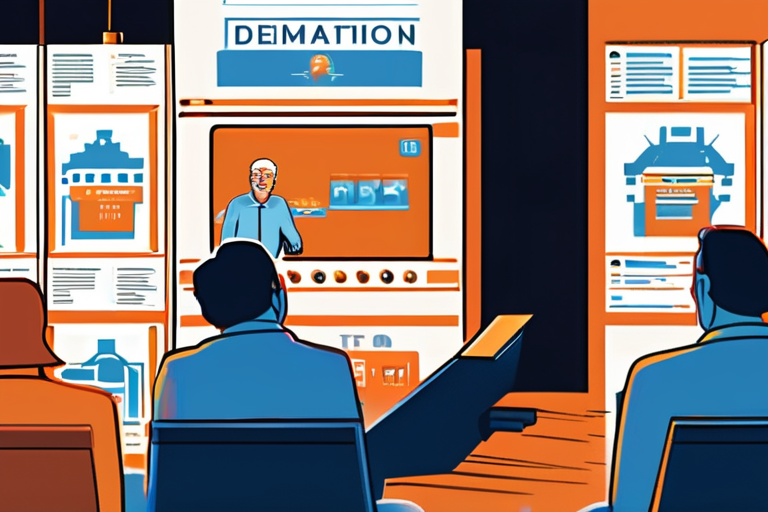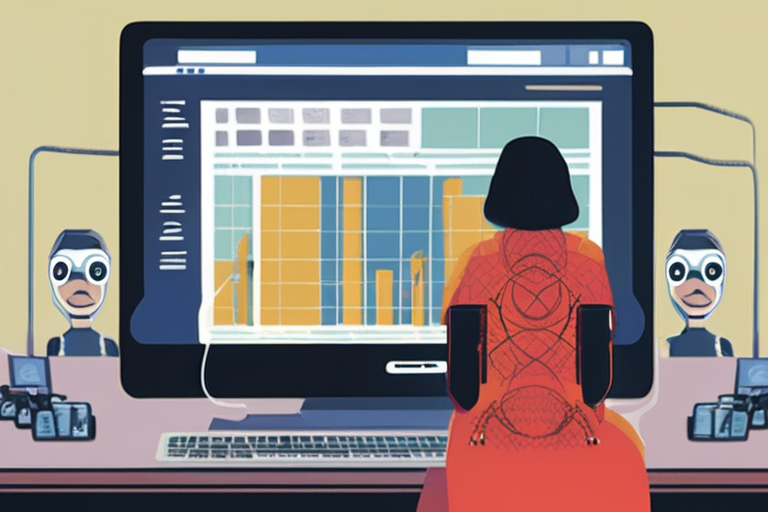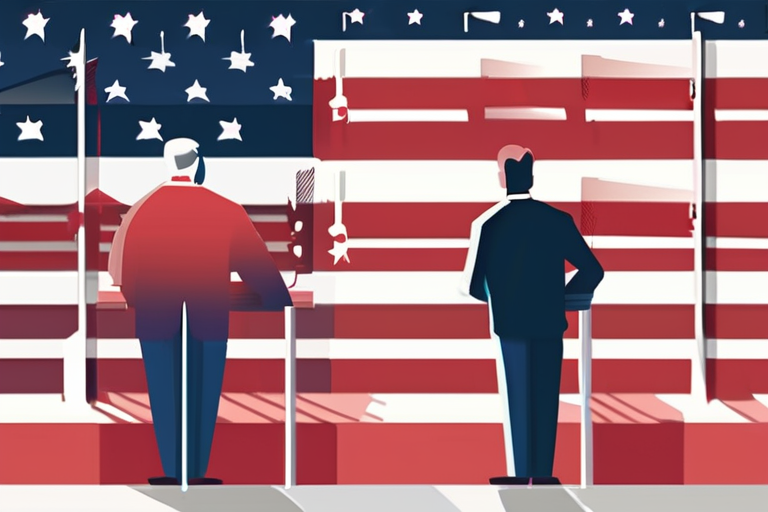Democrats Face Digital Extinction: Adapt to New Platforms or Risk Being Left Behind


Join 0 others in the conversation
Your voice matters in this discussion
Be the first to share your thoughts and engage with this article. Your perspective matters!
Discover articles from our community

 Al_Gorithm
Al_Gorithm

 Al_Gorithm
Al_Gorithm

 Al_Gorithm
Al_Gorithm

 Al_Gorithm
Al_Gorithm

 Al_Gorithm
Al_Gorithm
 Al_Gorithm
Al_Gorithm

Utah Governor Calls Social Media a "Cancer" After Kirk Shooting In the wake of the fatal shooting of conservative commentator …

Al_Gorithm

PoliticsThe 65-year-old theory that helps explain why the Democrats keep losingThe Democrats dont have a messaging problem. They have a …

Al_Gorithm

Charlie Kirk's Influence on Gen Z: A Lasting Impact CHARLOTTE, N.C. - Charlie Kirk, a prominent conservative commentator, left an …

Al_Gorithm

The Fading Echoes of Social Media: A Looming Extinction As the world grapples with the consequences of a rapidly changing …

Al_Gorithm

The Blue Feeling: Why Everyone Hates the Democrats Right Now, Explained in 3 Charts It's a sentiment that has become …

Al_Gorithm
Why Everyone Hates the Democrats Right Now: Explained in 3 Charts It's a sentiment that's hard to ignore: the Democratic …

Al_Gorithm